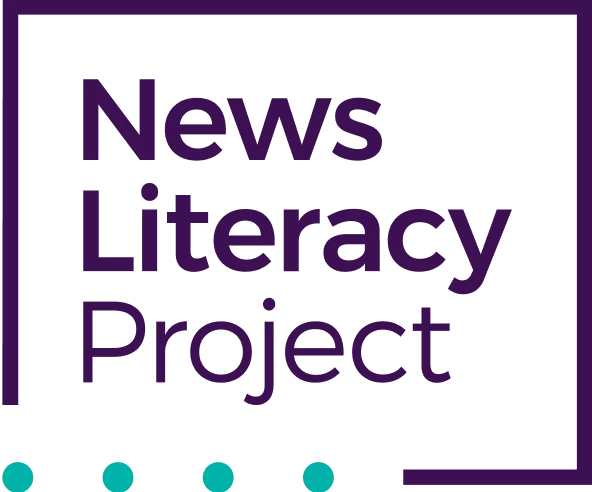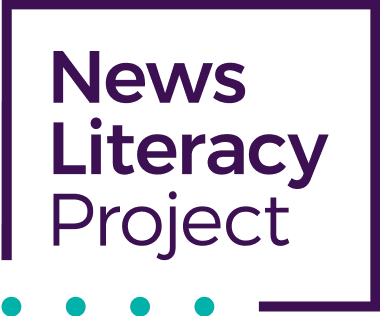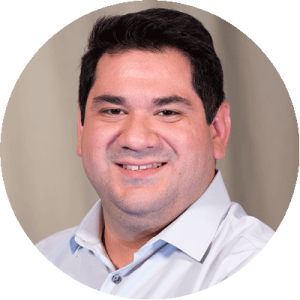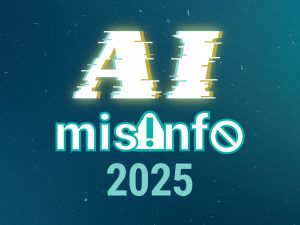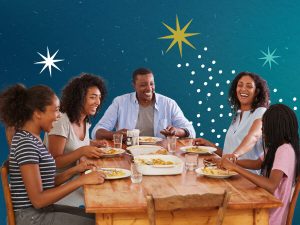NLPeople: Dan Evon, senior manager of education design
Dan Evon, Chicago
This is part of a series that introduces you to the people behind the scenes at the News Literacy Project.
1. Can you tell us a little about your background and how your experience as a fact-checker at Snopes led you to NLP?
 I grew up in the suburbs of Chicago and now live on the city’s southside. I worked a variety of writing gigs after graduating from the University of New Orleans, (I covered everything from motorcycle racing to breaking news stories), but my main focus has been in the field of fact-checking.
I grew up in the suburbs of Chicago and now live on the city’s southside. I worked a variety of writing gigs after graduating from the University of New Orleans, (I covered everything from motorcycle racing to breaking news stories), but my main focus has been in the field of fact-checking.
Fact-checking work can be very rewarding, but it can also feel a bit like Sisyphus pushing a boulder up a never-ending mountain. Every time a rumor is debunked, another pops up to take its place. And worse, these rumors can rack up millions of views while the subsequent fact checks reach a substantially smaller audience. The work of fact-checkers is vitally important, but it’s also not enough. I joined the News Literacy Project because the only way we’re going to turn the tide against the endless stream of baseless claims, fake photos, and political propaganda, is by teaching people how to do some of this fact-checking work themselves.
2. What news literacy tip, tool or guidance do you most often use?
The tool I use the most is a chrome web extension called the “Fake news debunker” by InVID and WeVerify that allows me to perform a reverse image search on a variety of sites (TinEye, Google Images, Yandex, etc…) in just a few clicks. I use it for work to debunk misinformation, but it is also a great tool to learn more about viral content. Lots of photos and videos circulate online attached to just a few words. With a few clicks, I can dig a little deeper and learn some cool new facts.
I think the biggest advice or guidance I try to follow in my daily life is to recognize when my thought process is being clouded (or blocked) by emotions. When something makes us laugh or cry or become angry, it’s easy to let our guard down and believe something just because we want it to be true. When we learn to recognize those moments, telling fact from fiction gets a lot easier.
3. In college, one of your majors was film history. Can you name your favorite film or films of all time?
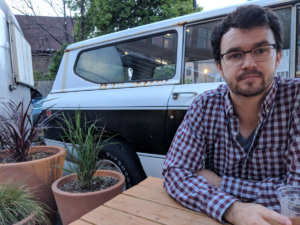 That’s a tough one. My favorite film of the last year is probably Everything, Everywhere, All At Once because it really is something that is unlike anything else I’ve ever seen. But of all time? Spotlight and Shattered Glass are two great movies about journalism, I love big action movies like Jurassic Park, have a bit of a soft spot for rom-coms (I am keenly aware of when a cheesy movie is trying to manipulate my emotions, yet also helpless to stop it), and really enjoy silly comedies like Billy Madison. I’m going to say my all-time favorite movie is The Devil Wears Prada.
That’s a tough one. My favorite film of the last year is probably Everything, Everywhere, All At Once because it really is something that is unlike anything else I’ve ever seen. But of all time? Spotlight and Shattered Glass are two great movies about journalism, I love big action movies like Jurassic Park, have a bit of a soft spot for rom-coms (I am keenly aware of when a cheesy movie is trying to manipulate my emotions, yet also helpless to stop it), and really enjoy silly comedies like Billy Madison. I’m going to say my all-time favorite movie is The Devil Wears Prada.
4. Aside from fighting for facts, what else are you passionate about?
The COVID-19 pandemic really had an impact on my hobbies. I started birding, playing disc golf and video games. Three activities that weren’t really in my life prior to 2020, and three activities that I now can’t do without.
5. Are you on team dog, team cat, team wombat? Or are you pet-free?
 I have been on team bunny, team ferret, team cat, and team turtle, but I have traditionally played for team dog. Unfortunately, I am team no pet at the moment but here’s a photo of my late dog Tucker.
I have been on team bunny, team ferret, team cat, and team turtle, but I have traditionally played for team dog. Unfortunately, I am team no pet at the moment but here’s a photo of my late dog Tucker.
6. What item do you always have in your fridge?
I’m going to give two answers here. The first is cheese. All sorts of cheese. I’d estimate that I now have at least seven varieties of cheese in my fridge. And second, some sort of flavored coffee creamer, because life is too short for bitter coffee.
7. What’s in your backpack, laptop case or pocket right now?
I carry a sling bag just about everywhere I go. It has a battery charger, water bottle, hand sanitizer, notebook, pens and a New Literacy Project-branded tote bag in it all times, with some extra space for whatever I’m reading, which right now is a book called Tomorrow and Tomorrow and Tomorrow.
